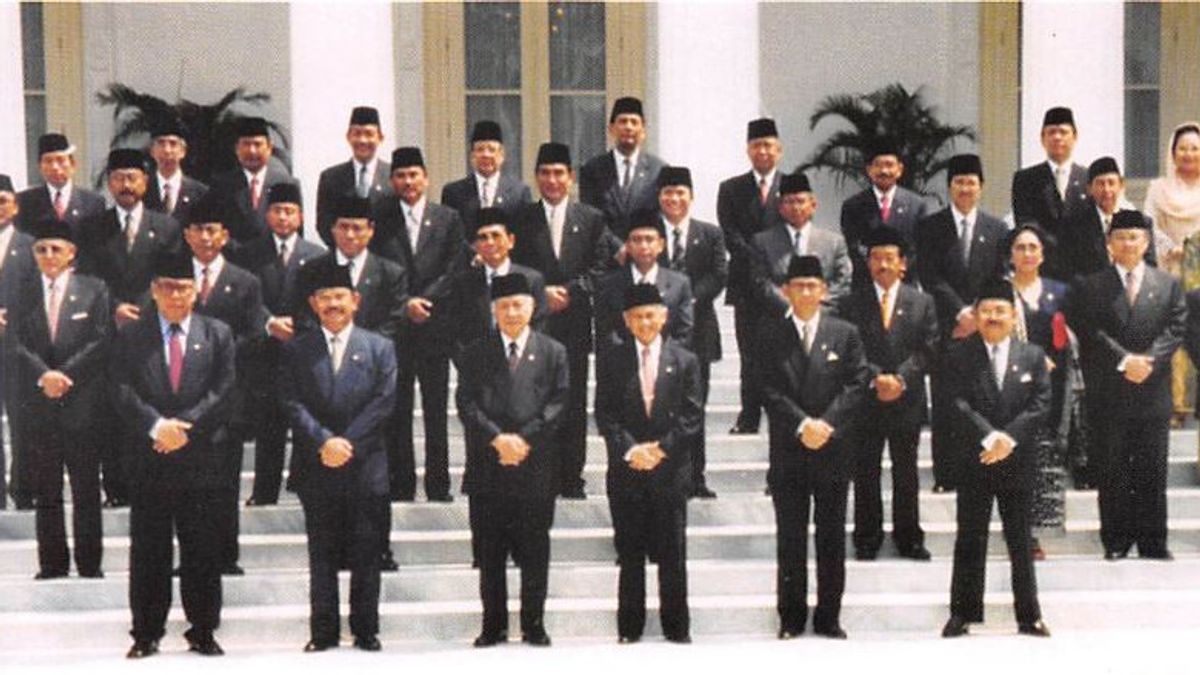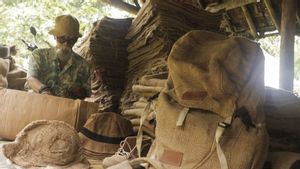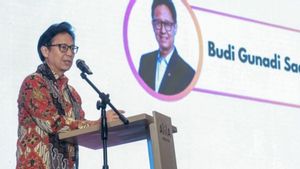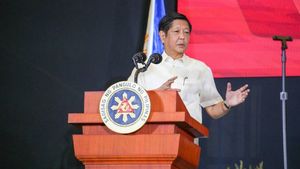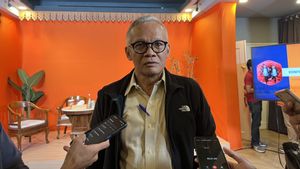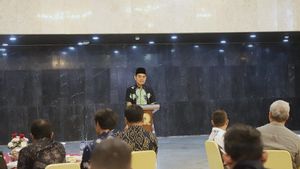JAKARTA - The luxurious lifestyle of New Order (Orba) officials often provokes criticism. Moreover, this luxurious lifestyle is perpetuated in public. In fact, the condition of the Indonesian people is not doing well. President Suharto was furious, not playing.
Every day he often hears students and the press criticizes his subordinate's hedon lifestyle. Suharto also tactics. He issued instructions to all his staff to adopt simple lifestyles. They are prohibited from being luxurious, especially in public.
The practice of corruption in the New Order era has become common knowledge. The actions that harm the country even continue to last without anyone watching. Therefore, the practice of corruption at that time was like being properly maintained by the New Order.
This narrative is evidenced by the massive corruption within state institutions. Those who participate in corruption are not only one or two people, but most of them. From the class of lowly employees to echelon officials.
The corruption effort continues systematically and benefits rogue businessmen. Moreover, state officials are ready to help all kinds of bureaucratic affairs, as long as there is a document. This disgraceful practice then gave birth to many New Rich People (OKB).
OKBs often appear in public with a hedonical lifestyle. They are often caught wearing jewelry to luxury cars. This condition in fact violates the confidence of the Indonesian people in state officials.
Protests were also carried out everywhere. In fact, to the point of taking to the streets. State officials are considered to have no sensitivity. They don't care about the condition of the people who are still below the poverty line.
The people's anger is unbearable. Take for example when the eruption of the events of torture of JanuaryIVEs (Malari) in 1974. All students held demonstrations and social unrest. A demonstration that tarnished the face of the New Order.
His discussions with students and journalists raised the suspicion of President Suharto, who in recent years have increasingly received criticism from students who used to help him gain power with their demonstrations. They are increasingly violent against the increasing level of corruption and the luxurious lifestyle of high-ranking officials and TNI leaders.
And exclaimed that the president mortgaged the country on foreign investors. During the visit of the Japanese Prime Minister in January 1974, the student protests broke out into bloody demonstrations and hundreds of Japanese cars were burned. For Suharto, the incident caused him to lose his face very painfully, "said Hilda Janssen in the book Tanah Air Baru, Indonesia (2016).
President Soeharto understands very well that the Malari incident contributed a bad image to the government. He also tried to move so that the New Order's bad image did not remain in the minds of many people. He tried to improve the government's image by issuing Presidential Decree (Keppres) No. 10 of 1974.
A Presidential Decree containing Several Restrictions on Civil Servant Activities in the Context of Empowerment of State Apparatus and Simplicity of Life. Simply put, the Presidential Decree contains instructions to all levels of government to be sensitive to the condition of the community.
They are advised not to show their luxurious lifestyle to the general public. Some of them are regulating officials not to give excessive services when receiving visits from the central government, including eliminating non-essential ceremonial activities.
Others, the regulation regulates the prohibition on the use of luxury cars, restrictions on overseas travel, receiving gifts, so as not to show off luxury in public. This step was taken to gain trust from the Indonesian people again.
However, far from being burned. The implementation of the rules issued on March 5, 1974, received criticism here and there. This is because high-ranking officials, including Suharto himself, did not set a good example to subordinates. This fact makes other officials slowly deny the advice of the President of Indonesia.
First, that the expenditure and use of state money by every element of state apparatus must be based on the right interests and objectives, be efficient and accountable.
"Second, that to provide direction so that all capabilities in development can be used more effectively and efficiently, it is deemed necessary to issue a Presidential Decree that outlines general benchmarks for the behavior of civil servants to implement a simple lifestyle," explained President Suharto in Presidential Decree No. 10 of 1974.
The English, Chinese, Japanese, Arabic, and French versions are automatically generated by the AI. So there may still be inaccuracies in translating, please always see Indonesian as our main language. (system supported by DigitalSiber.id)
